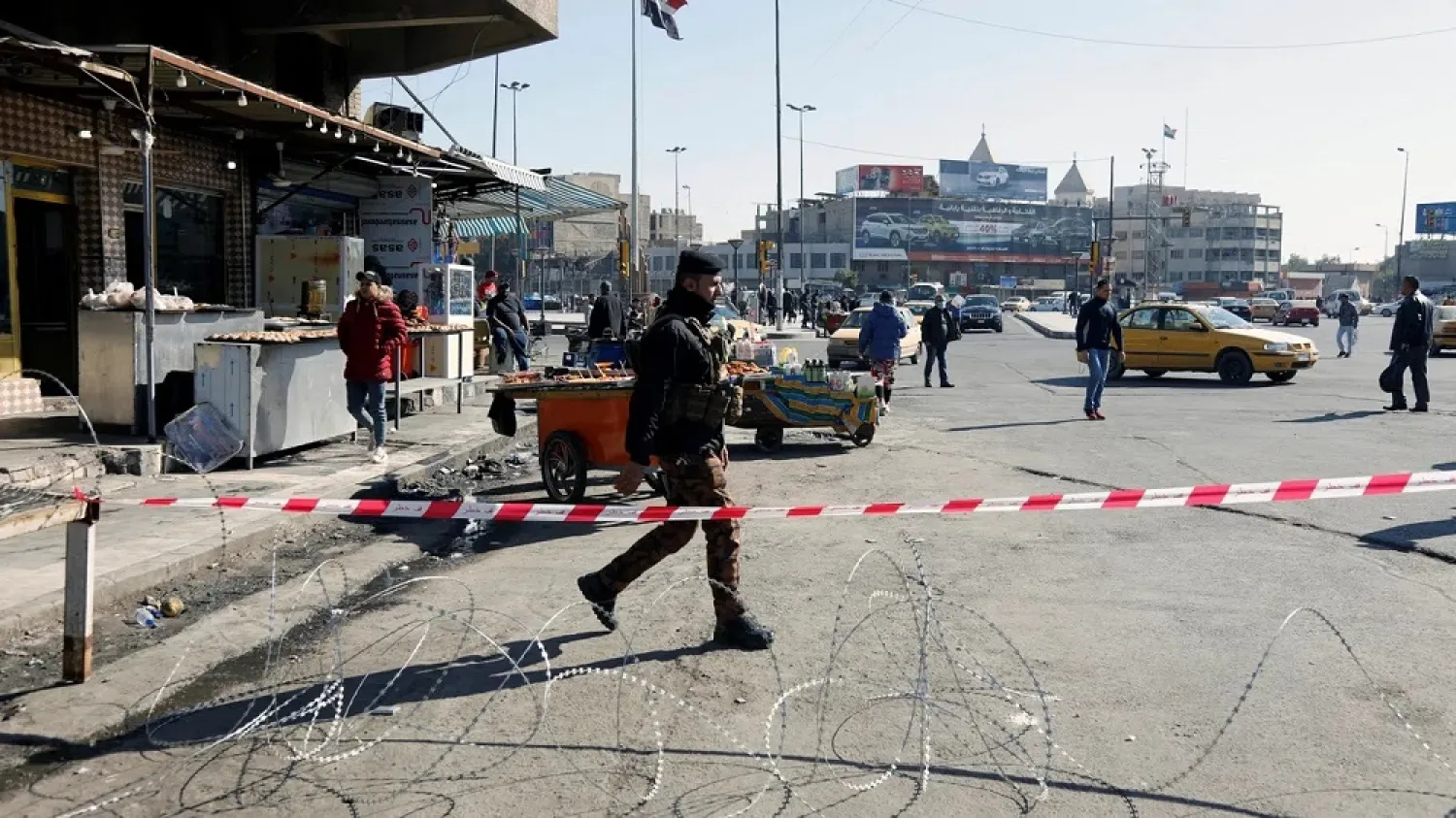Several rumors and videos of ISIS members vowing to carry out attacks in Iraq have emerged in wake of last week’s deadly suicide attack in Baghdad.
Thursday’s attack, the bloodiest in years, left dozens of people dead and hundreds wounded.
Rumors soon circulated that some 15 suicide bombers were present in Baghdad and that they would soon target residential areas in the capital. To make the rumors even more believable, videos and voice recordings of ISIS leaders were circulated, showing them pledging to bring devastation.
Turns out, however, that some of these recordings date back to 2016 and some of the members making these threats had actually died years ago.
It appears that ISIS is seeking to achieve political gains in Iraq as the country prepares to hold elections, which are set for October, and as Joe Biden assumes the presidency of the United States amid ongoing tensions with Iran.
Whether the terrorist group itself wants to exploit these conditions in its favor, or whether internal or foreign political forces are seeking to exploit them, ISIS has nothing to lose in either scenario. It has nothing to lose in the elections or in the potential American-Iranian negotiations.
On whether last week’s attack was a change in tactic for the group or a security failure, advisor at the European Center for Counter-Terrorism and Intelligence Studies, Imad Alou, said: “It’s a bit of both.”
In remarks to Asharq Al-Awsat, he explained: “It is clear that there is a change in plans and goals by ISIS, while the security forces have failed due to their preoccupation with attacks on the Green Zone, US embassy and international coalition convoys.”
“ISIS is seeking to wage a long guerilla war to exhaust the security forces and agencies,” he added.
“The recent escalation is confirmation of our previous warnings that traditional widescale military attacks have not succeeded in reining in the terrorist organization,” he stressed, explaining that such operations are easily exposed and costly.
“They are not the way to wage a guerilla war,” he stated. Alou instead suggested that security forces adopt non-traditional combat methods and carry out special operations based on accurate intelligence information and constant field surveillance.
Authorities must review the best methods to combat terrorism on the military and security levels and ministries and institutions should offer services to the people, as well as job opportunities and reconstruction to curb the organization’s ability to infiltrate society and exploit poverty.
“But above all, the means of coordination and cooperation between the Popular Mobilization Forces, army and federal police must be reassessed,” he said, demanding that a joint and unified command be adopted.
He predicted that ISIS will carry out more attacks in the future should the security forces remain disorganized and in disarray and should rocket attacks against American interests persist.
“This poses several questions over which sides are set to gain from the return of terrorist bombings in Iraq,” Alou noted.









